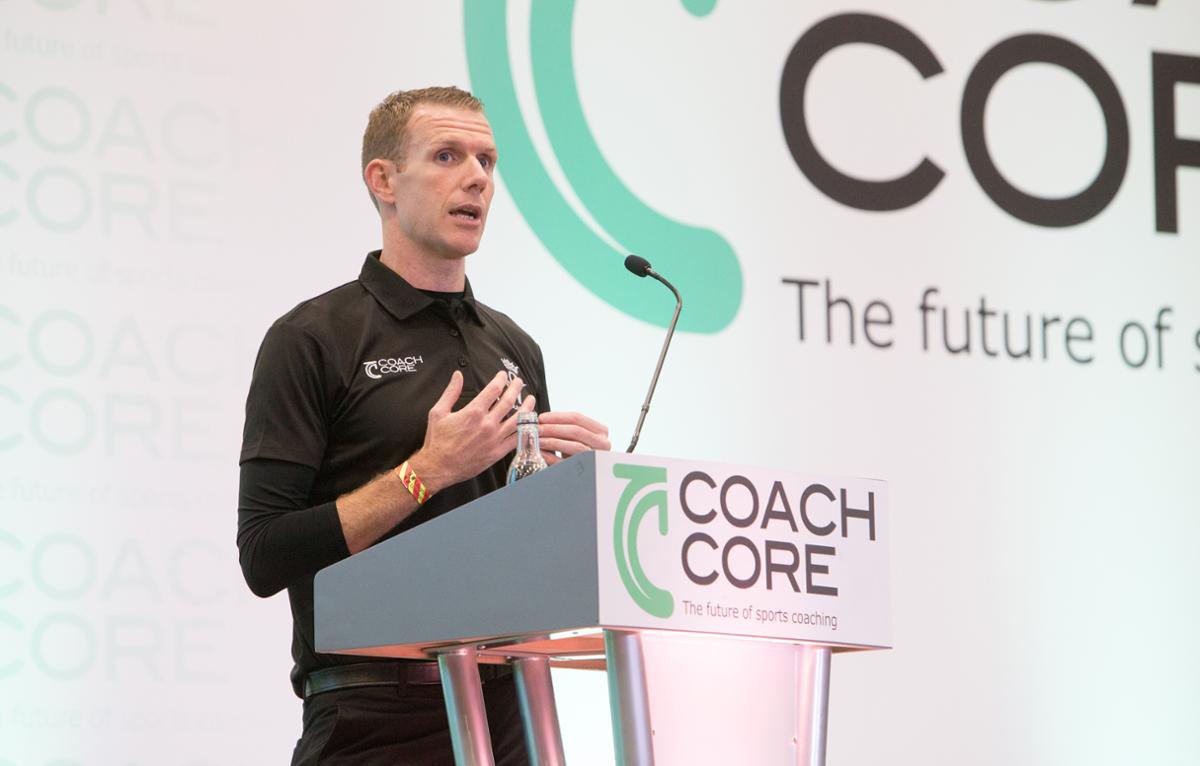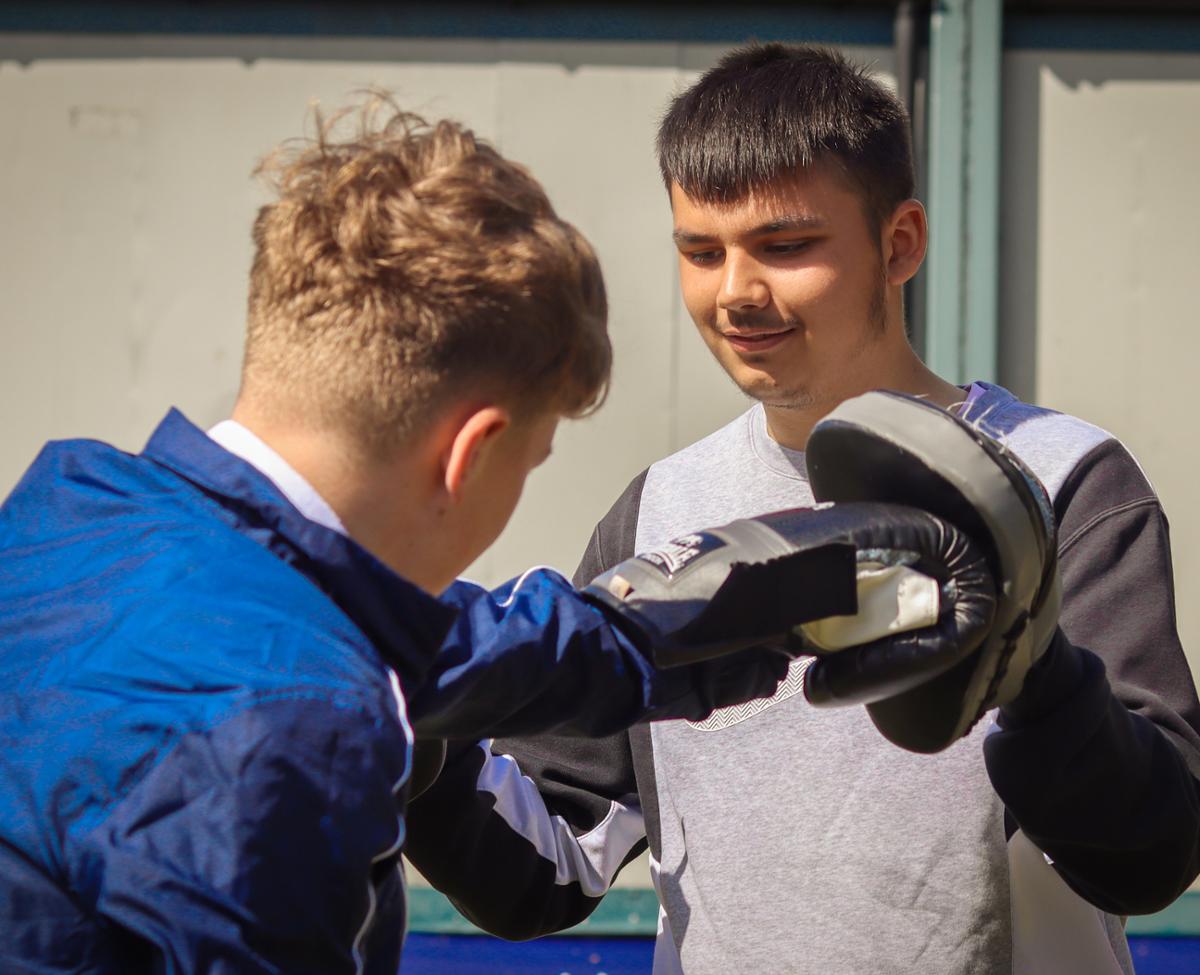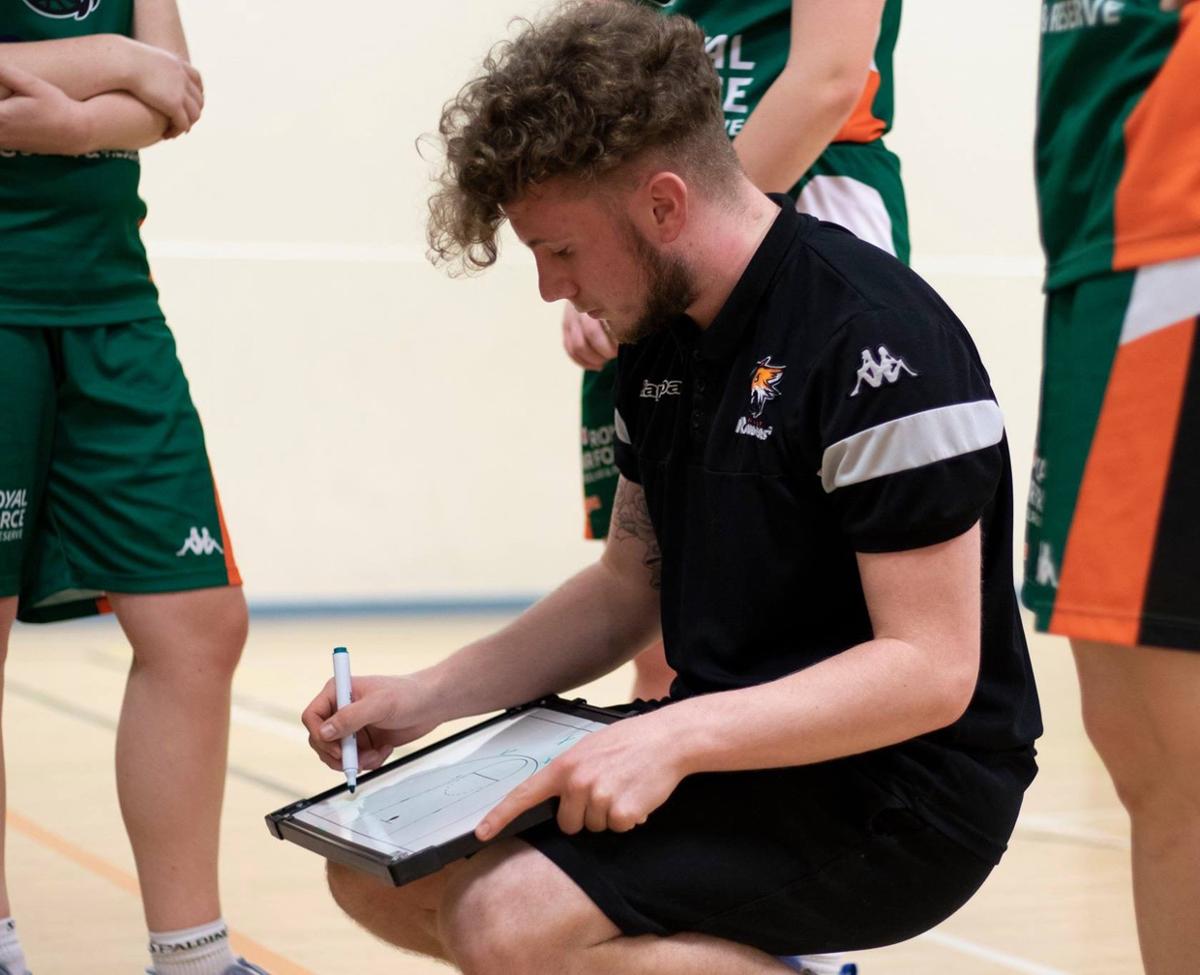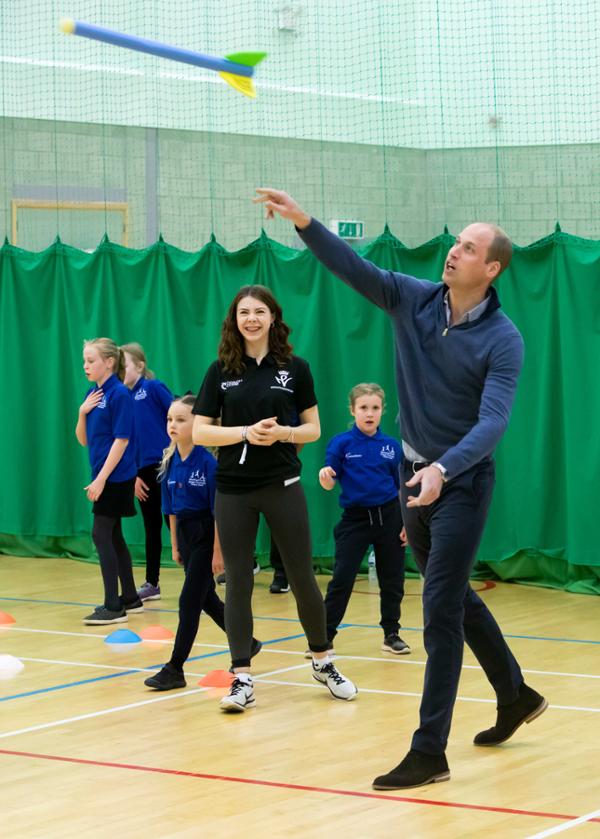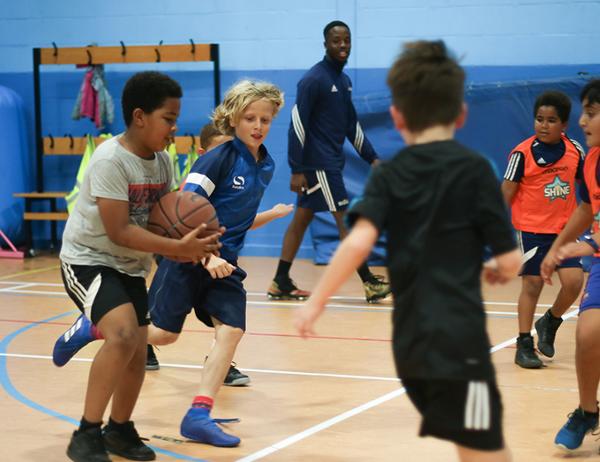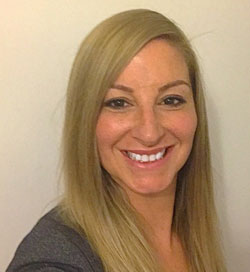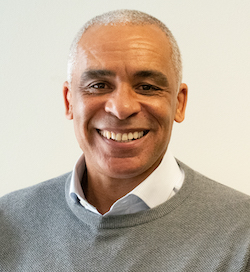What is Coach Core?
We’re a charity offering apprenticeships to young people, aged from 16 to 24, who are not in education or employment, have faced barriers in their life, or have had some difficulties in their past, either with their home life or school or maybe trouble with the law.
What makes us different from other organisations working with this cohort is that we work with individuals on long-term programmes for a minimum of 15 months, rather than the more common light-touch sports programmes.
These young people are at the heart of what we do. We have a network of co-invested employers who share resources, experiences and solutions. Lifetime Training provides the apprenticeship education alongside our in-house modules/CPD. Reflective of our learners and our industry, we don’t employ a traditional college-apprenticeship model, we shape every programme around the needs of each apprentice. There’s a huge emphasis on personal support and mentoring, with our apprentices spending time with their tutors, even when they’re in the workplace.
As well as turning out well-rounded and resilient individuals, with the skills to take up employment in the sector, we seek to create a positive ripple effect in those communities which have the lowest social mobility, low activity levels and high crime rates.
One in three of our apprentices lives in the UK’s top 20 most deprived areas. One in five have a learning or physical disability and 36 per cent don’t have a maths or English qualification. By the end of the programme they have a formal apprenticeship qualification, multiple coaching and workplace qualifications, a coaching portfolio and tangible work experience. Many are offered full-time work with their placement and 92 per cent are in full-time work or education six months after completion.
Why should employers engage with you?
We deal with all the red tape and take the headache out of apprenticeships. We turn out well-rounded professionals who can be future team members and it’s relatively inexpensive, especially as we frequently give bursaries or grants to employers.
We help young people turn their lives around by empowering them and giving them purpose. Each apprentice we help creates their own ripple effect, impacting the lives of many others. For example, we started a football programme in a crime hotspot and saw it directly bring offending rates down.
How did Coach Core come about?
I came from a challenged background myself, so always wanted to support young people and my entire career has been in coaching and sport for development. The vision was to get young people from rough estates into our workforce. Although they might start off as rough diamonds, they become fantastic role models, quickly becoming an asset to their workplace and bringing fresh ideas and energy.
We were one of the first charities to get the support of The Royal Foundation, backed by Princes William and Harry and Princess Katherine. Against the backdrop of the 2011 riots, they were looking for a long-term project around the Olympic ideals. It was amazing to have the support of three of the most famous people on the planet during our set-up.
We ran the first pilot programme in London, then helped to advise the Glasgow and Welsh Rugby Union programmes which wanted to follow the model. It was the perfect pilot to have three countries, three different types of employers and three different education systems. All of those cohorts worked, which gave us belief in the model.
In 2015, we scaled this up across England, working on the multi-employer consortia model, which ultimately empowers organisations locally to work collaboratively, so they can gain benefits for their apprentices and businesses while enhancing their offer to the wider community.
In 2018 we were operational in 10 cities and signed our first Sport England deal, which really elevated our standing in the sector. At that point we became too big for the Royal Foundation model, so the decision was made to leave the nest and establish ourselves as a standalone charity.
What have been the main challenges?
In the beginning, many people were sceptical, as they thought it was too expensive, worked with too few people and didn’t think employers would collaborate and share resources, which was not common at the time. However, the success of our pilots gave us the confidence and tenacity to continue.
After three years of pilot and three years of scale, we were meant to have three years of building our base. However, in 2019, with Prince Harry deciding to step away from royal life, the now Prince and Princess of Wales decided The Royal Foundation needed to take a fresh approach to its programmes, which meant Coach Core needed to work towards a 12-month target, instead of the original three-year plan.
I thought 2019 was the most stressful year of my life until I became the CEO of a new charity on 1 April 2020! We jumped ship with a £1m fundraising target and had to attract new funders, build a team and a programme base in the worst possible commercial climate.
We had about 100 apprentices in the system at that time and had been given a cheque which was enough to support all of them through their apprenticeships. I decided that if the charity had to wind down at the end of that period then so be it, but at least we wouldn’t leave anyone behind.
However, our response supporting those apprentices and employers, led to our second agreement with Sport England, with us becoming a systemic partner, so we actually managed to grow in that time.
Is the cost of living crisis impacting you?
Recently we’ve experienced a seesaw moment. We used to have 60 or 70 applicants for each programme - which can take 20 – but now we’re only getting 17 or 18 applicants for each programme which is a challenge. The reason we’re finding it hard to recruit is the cost of living. The apprentices get paid around £12k for 15 months, but they’re finding it’s not enough unless they’re living at home.
The demand for programmes from employers is huge, but limited by capacity in a small team, we’re sadly batting away opportunities which is something we are addressing as part of our new strategy.
What are your future plans?
Our geographical spread is growing – we’re now in 19 cities and counties – but there are still many places we want to go, including Liverpool and Hull and we’re looking at new programmes in Scotland, Wales and Northern Ireland. We’ve evolved the model to be hub-based, which allows us to service a few neighbouring projects at once, meaning it’s not just focussed on city centres, but also allows us to reach into towns and areas of rural poverty too.
Going forward, we’ll be using programme managers to take a more targeted approach to finding apprentices, engaging with job centres, local charities and justice services to find those young people who need us the most.
We’re in talks with a number of leisure operators too and definitely feel this sector has untapped potential: we’re really keen to work with more health and fitness and leisure providers, so we can continue contributing to the future workforce. We work with a number of small and national-sized organisations already, but we’re keen to expand on this. Those operating in areas of challenge and want to bring in a new, exciting, diverse workforce should 100 per cent get in touch.
More: www.coachcore.org.uk








